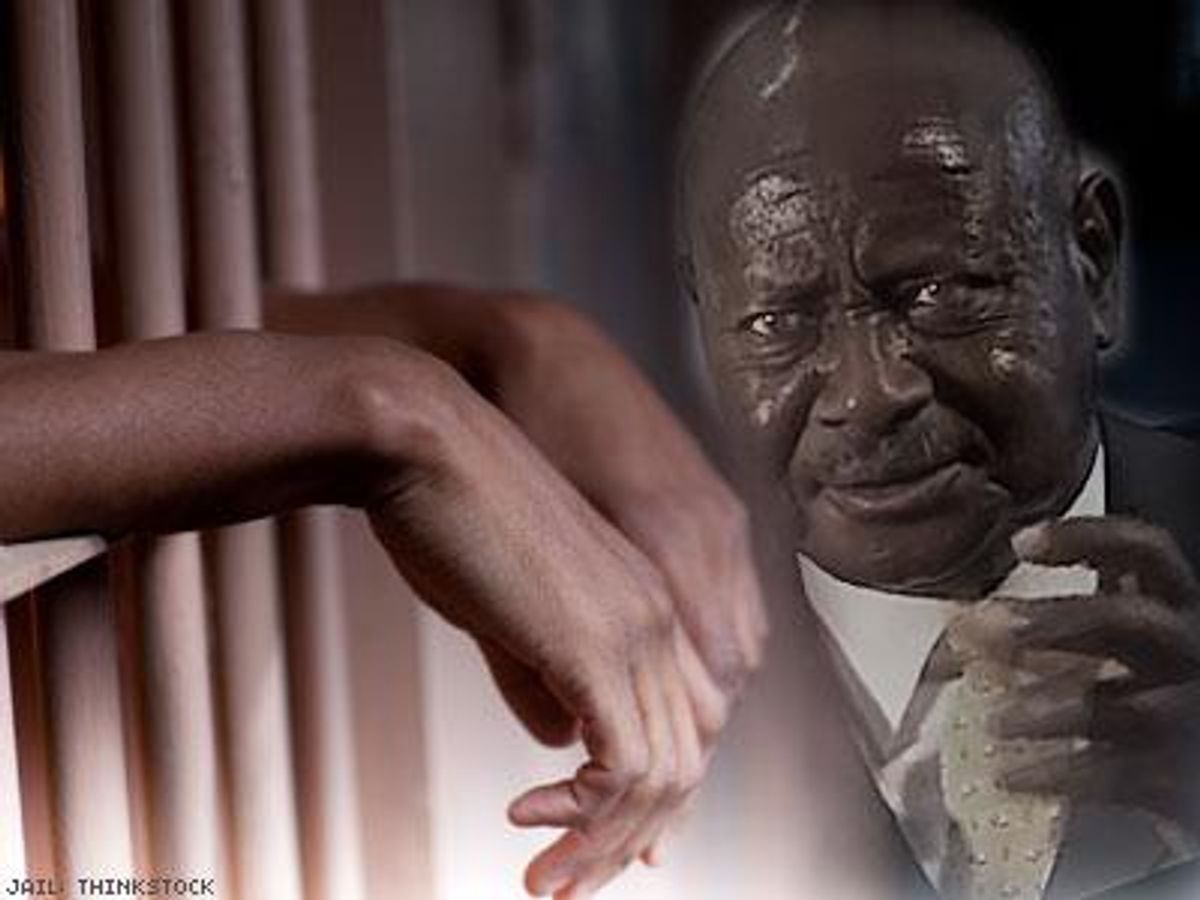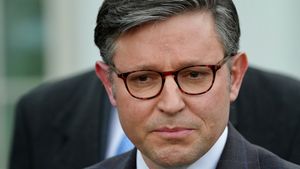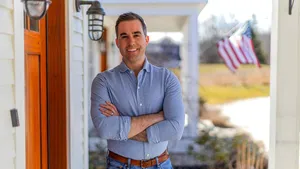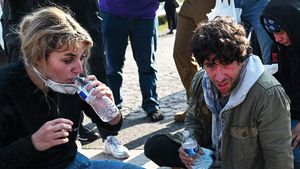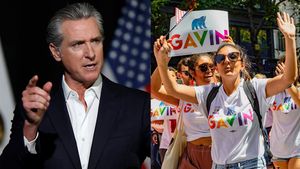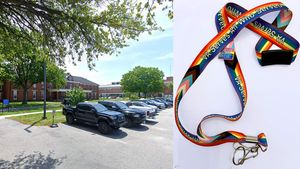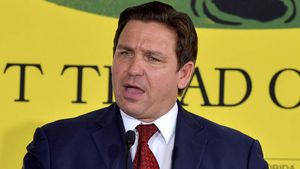I recently met up with a Ugandan activist who is currently visiting Boston. My friend is in the United States to raise awareness about HIV and LGBT rights and funding for his organization. Unfortunately, he is not getting a lot of sleep.
On February 24th, Ugandan President Yoweri Museveni signed a bill into law that punishes homosexuality with life in prison and outlaws “promotion of homosexuality”—which includes HIV services targeting gay men, other men who have sex with men, and transgender individuals (collectively “GMT”). Having formerly suggested he would not sign the bill, Museveni changed his position, saying that “scientists” had presented him with research findings showing that homosexuality is not genetic, but a learned behavior that can be “unlearned." Every day, my friend hears new reports of anti-LGBT violence and of HIV services shutting down.
Similarly, in Nigeria, President Goodluck Jonathan signed the Same Sex Marriage Prohibition Act in January, which goes much farther than outlawing marriage. It also criminalizes organizations working for the rights of LGBT people, as well as “homosexual behavior,” which not only include same-sex sexual conduct, but also physical affection. According to the law, if a man hugs another man or a woman hugs another woman, they could spend 14 years in jail.
From both a health and a human rights perspective, these policies are outrageous. For years, Uganda was viewed as a model for Africa due to its notable success in reducing HIV rates among the general population. But HIV rates among key affected populations—sex workers, people who use drugs, and GMT — have not declined. Recent data show that Nigeria has the second highest and fastest growing HIV epidemic in Africa. Further criminalizing HIV efforts to reach GMT individuals will only make the situation in both countries worse.
AmfAR currently supports Spectrum, a Kampala-based community-led organization that provided HIV services to more than 500 members of the LGBT community last year. Reports indicate they were recently forced to shut down their HIV services program due to safety concerns, and many members are now in hiding. In Nigeria, amfAR is supporting an advocacy project related to HIV treatment programs for GMT, but the entire staff working on the project has either fled the country or gone into hiding. More broadly, reports of extortion and violence—including mob violence and vigilante justice — are rife in both countries.
Much of the successful Ugandan HIV response and the response in Nigeria have been funded by the United States government and the multilateral Global Fund to Fight AIDS, Tuberculosis and Malaria, which receives a majority of its support from the U.S. Clearly, these laws will have a substantial impact on the return on the U.S. government’s investment.
So what to do?
It is vital that Africans, and in this case, Ugandans and Nigerians lead the effort to challenge these laws. Sometimes, American and European efforts can worsen the situation by making demands of African governments that cause Africans to see LGBT issues as being imposed on them by "colonial masters."
Luckily, the LGBT communities in Uganda and Nigeria are organized. In Uganda, the Civil Society Coalition on Human Rights and Constitutional Law, a coalition of LGBT and mainstream health and human rights organizations has been quite vocal in telling the world how to help. They have asked for global condemnation of the law, calling on individuals, governments, and multinational companies to take action and vocally denounce it.
In Nigeria, the Solidarity Alliance, a coalition similar to the one in Uganda, organized a Global Day of Action on Friday, March 7, and urged LGBT Nigerians in the diaspora to speak out and tell their stories. The Alliance called on celebrities to join its effort and have set up a campaign for musicians and other artists to refuse to perform in Nigeria until the law is overturned. It is also asking everyone to denounce the law through protests and/or social media. In both countries, legal processes are being pursued to deem the laws unconstitutional.
As Americans, we can advocate for our government to review its current foreign assistance to Uganda and Nigeria and ensure that not a penny goes to funding government and non-governmental programming that is working against the rights of LGBT people. The coalition has been clear. It is not asking for cuts to aid—but rather that funding be redirected to civil society organizations working to promote human rights and provide HIV services for key affected populations.
The coalition has also asked that the U.S. government adjust their asylum policy to facilitate easier transitions for LGBT persons from Uganda, Nigeria, Russia, Cameroon, and other rights-constrained countries. Currently, many LGBT asylees cannot access support services upon arrival in the U.S. because they lack proper papers and guidance, and many are discriminated against based on their sexual orientation or gender identity by family and/or immigration support services.
In both countries, religious leaders are at the forefront of the anti-LGBT movement. Too often, these religious leaders have received financial support from evangelical leaders in the U.S. Both Nigerian and Ugandan activists have called upon religious leaders of all faiths to issue statements encouraging tolerance and respect for human rights for all Africans.
While extremely stressed, my Ugandan friend in Boston remains hopeful. He recognizes that ten years ago the government and religious leaders claimed LGBT people did not exist in Africa. Today, the passage of these laws is a reflection of progress that has been made in the LGBT community there — the recognition that LGBT people do exist, and in time, he hopes his and others’ activism will see the rights they are fighting for realized. Two steps forward— one step back.
About the Author
Kent Klindera is the director of amfAR’s GMT Initiative, which provides financial and technical support to community organizations working to reduce the spread and impact of HIV among gay men, other men who have sex with men, and transgender individuals (collectively, GMT) in low- and middle-income countries.
